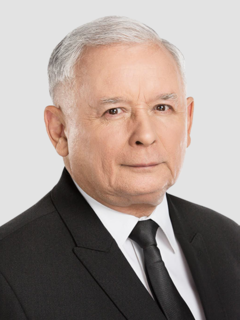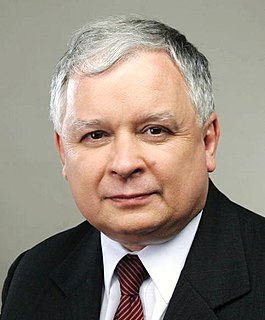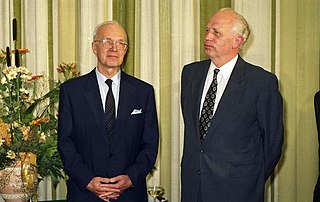A Quote by Tariq Ali
The EU is an alliance that the Americans control, in which the EU of course has a great deal of autonomy, but in which it still is very dependent on the United States, especially militarily, but not only in that respect. So to blame the Germans for everything is an easy way out for some of those suffering in Europe today.
Related Quotes
It is positive that the United States and the European Union show a great deal of unity. Putin did not expect that. He thought he could split the EU, but the opposite happened: The EU imposed sanctions and even scaled them up. Of course we need more financial and military aid, the supply of lethal weapons is of crucial importance to us.
The EU treaties clearly promote an alliance of national states that, as far as possible, maintain their own responsibilities. There is no mention of a centralized state of Europe in the treaties. The EU Commission's politicking, however, is proof of a certain allergy against this principle of national states and national responsibilities.
Nations are an historic reality in Europe. They all have different histories, and they joined the EU at very different times and under widely differing circumstances. I was mayor of Warsaw for three years and always in favor of Poland joining the EU. But I also experienced how we had to implement EU regulations that were completely inappropriate to our situation.
Germany's potential makes up about 20% of the EU's overall economic power, including Great Britain. The German army is by no means strong enough to guarantee the security of the EU's two endangered flanks - in the east and in the south. So all that remains for Germany is partnerships with its neighbours and other EU member states. Germany should stick to that role.
Of course, the UK is a significant economy that makes up a quarter of American exports to the EU, more than 50 percent of our exports in certain sectors and over 25 percent of the government procurement opportunities we have in Europe. Brexit reduces the size of the TTIP deal for the United States, and there will need to be an adjustment of expectations accordingly, but Brexit underscores the value of reaching an agreement at this critical moment in the evolution of Europe.
An EU without Britain, without 1 of Europe's strongest powers, a country which in many ways invented the single market, and which brings real heft to Europe's influence on the world stage which plays by the rules and which is a force for liberal economic reform would be a very different kind of European Union.
If you go to former Yugoslav states, the Balkan states, Croatia, Serbia, Montenegro, Slovenia, the situation is dire. Not to mention Bosnia, which is just run like a colony. The way they used to stand up and sing hymns to President Tito, they now salute the EU flag. It's a very strange transition that we're witnessing in most of Europe, and I don't think it's going to work.
If Turkey become a member of the EU, of course Turks would lose a part of this identity, just as Europe would lose a part of its own. It would also be a different Europe then. Accepting Turkey into the EU is an ambitious political endeavor of historical proportions. Europe would become a strong, multi-religious unit.



































